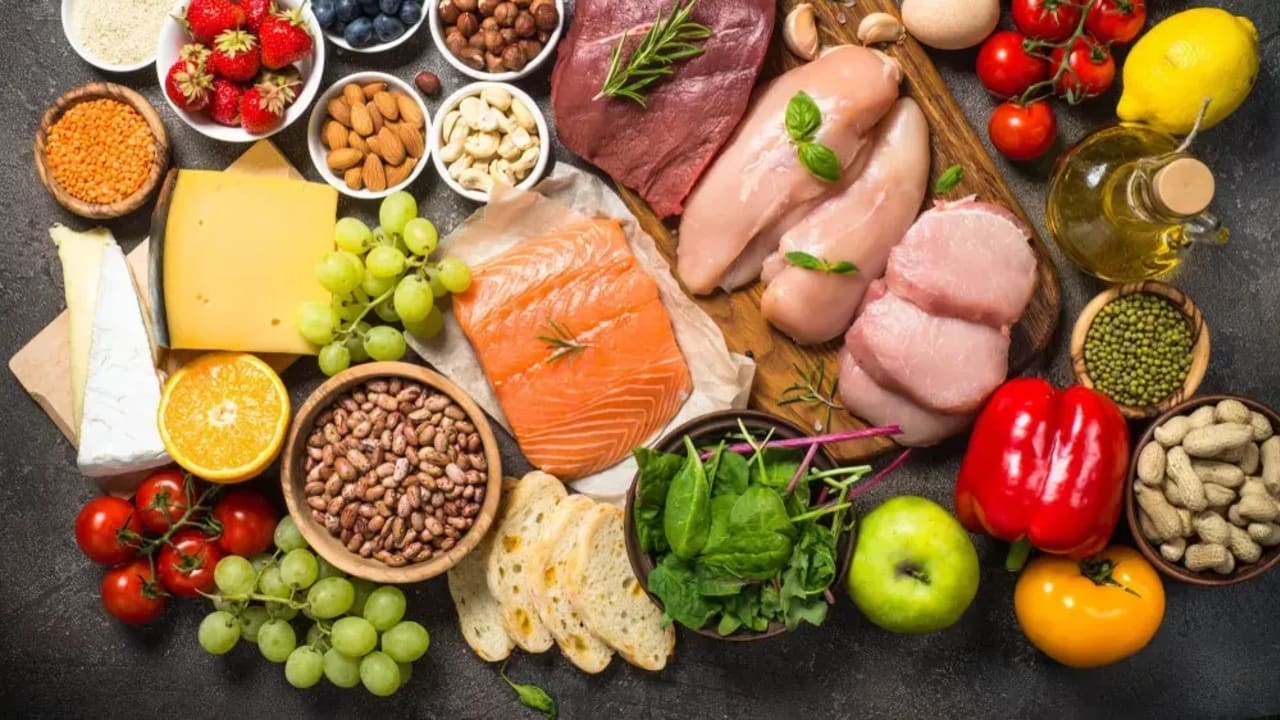Jerusalem Post
ByDR. MAYA ROSMAN
New studies reveal that potassium-rich foods such as bananas and avocados increase mosquito attraction, while garlic and onions may repel them.
We all know that mosquitoes “choose” who to bite based on body odor, sweat, or even blood type. But new studies reveal that our diet may also have an effect. In other words – what you ate for lunch can determine whether you’ll be more attractive to mosquitoes in the evening. Here’s what researchers found:
A study published in the Journal of Medical Entomology showed that people who ate just one banana caused Anopheles mosquitoes to be more “interested” in them (and to bite accordingly) compared to people who ate grapes.
The possible explanation: Bananas are rich in potassium, and potassium intake raises the level of lactic acid secreted in sweat. Mosquitoes are particularly sensitive to this odor – and therefore are drawn to it.
Certain dietary supplements also attract mosquitoes
A review recently published in Biologia included dozens of studies on mosquito attraction and revealed an interesting pattern: Potassium-rich foods – such as potatoes, avocados, legumes, and bananas – are linked to increased secretion of lactic acid in sweat, making us preferred “targets” for mosquitoes.
The review points out that this is not the only factor: Genetics, the amount of carbon dioxide released in breathing, and the skin’s microbial composition also play a big role. But diet can definitely be part of the puzzle.
Another study emphasized that certain vitamin supplements (such as vitamin B1) may reduce mosquito attraction, but the evidence for this is still not solid.
Does this mean you should cut these foods from your diet? Absolutely not. There is no need to stop eating bananas, avocados, or potatoes – these are healthy foods rich in important nutrients.
But for those who are especially sensitive to mosquito bites, or are planning a trip to areas with high risk of mosquito-borne diseases – it’s worth knowing that your diet may have an effect, so you should add extra protection (such as mosquito repellent, long clothing, and nets).
The 10 potassium-rich foods that will attract mosquitoes (per 100 grams of food)
To understand which foods may have a greater effect on our sweat – here are some examples of foods particularly rich in potassium:
Avocado – approx. 480 mg
Cooked spinach – approx. 466 mg
Soybeans (edamame) – approx. 436 mg
Cooked potato with skin – approx. 425 mg
Cooked lentils – approx. 369 mg
Banana – approx. 358 mg
Cooked black beans – approx. 355 mg
Natural yogurt – approx. 255 mg
Orange – approx. 181 mg
Mango – approx. 168 mg
Garlic and onions against mosquitoes
Here there’s actually good news – several studies indicate that volatile compounds released from the skin after eating garlic and onions may actually repel mosquitoes.
A study conducted as early as the 1990s and smaller experiments in recent years found that allicin – the active compound produced when garlic is chopped or crushed – is secreted through sweat and breath.
This strong odor not only deters certain people, but also repels mosquitoes. A field study found that people who consumed large amounts of garlic were bitten less compared to the control group, although the effect was not always consistent.
Onions also contain similar sulfur compounds (sulfides), which continue to be released in the body hours after the meal. The result: A different “odor signature” in the skin and breath – one that mosquitoes tend to avoid.
Of course, alongside this benefit, there is also a small social price: The smell of garlic and onion may linger, depending on how much you ate, and sometimes cause people around you to keep their distance.
The effect of garlic and onions on mosquitoes is directly linked to the time these sulfur compounds (such as allicin in garlic and sulfides in onions) circulate in the blood and are secreted through sweat and breath.
According to research reviews:
Immediate effect – already within 1–2 hours after the meal, a change in body and breath odor can be detected.
Duration of effect – the sulfur compounds are secreted gradually over 8–12 hours, and sometimes up to 24 hours (depending on how much was eaten, personal metabolism, and how much the body sweats).
Strength of mosquito protection – the effect is not the same for everyone. In some studies, a significant reduction in bites was observed, while in others the difference was relatively small. In other words, this is not a “perfect natural shield,” but it can add a partial layer of protection.
If you ate a meal with a lot of garlic or onion – there’s a good chance that in the coming hours (about half a day) you’ll be less attractive to mosquitoes. But this does not replace repellents or nets – it’s just a “natural bonus.”
What should you do if you get bitten a lot?
Consider reducing bananas, potatoes, and avocados on days with high mosquito exposure (such as outdoor trips or evenings in the garden).
Bananas are, of course, recommended, but try moving them to times when you’re not going outside.
Prefer fruits like grapes, apples, or melon, which have not been found to influence mosquito attraction.
Consider adding garlic or onion to your diet – not only are they healthy, but they may also reduce bites.
Make sure to drink enough (to also dilute sweat).
For Dr. Maya Rosman’s course: How to improve your health and lose weight in a sensible and reasonable way click here.













